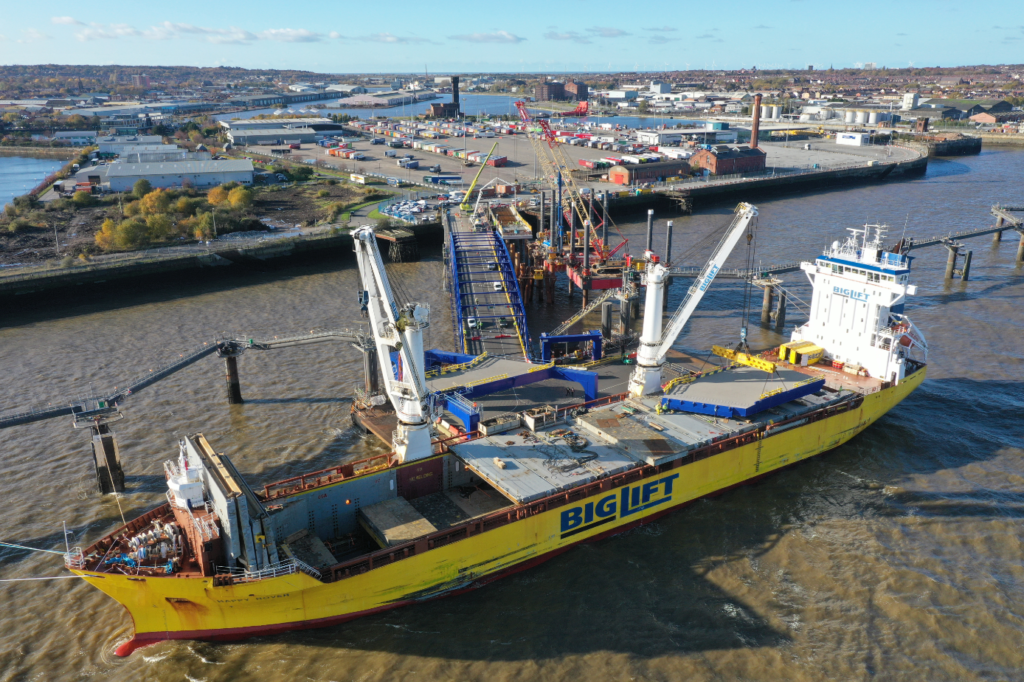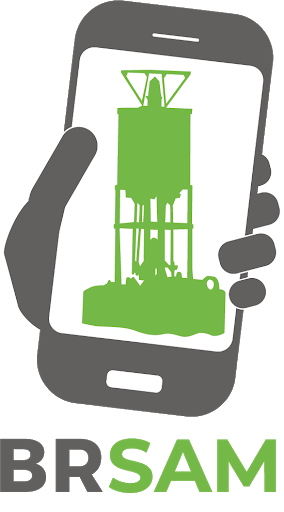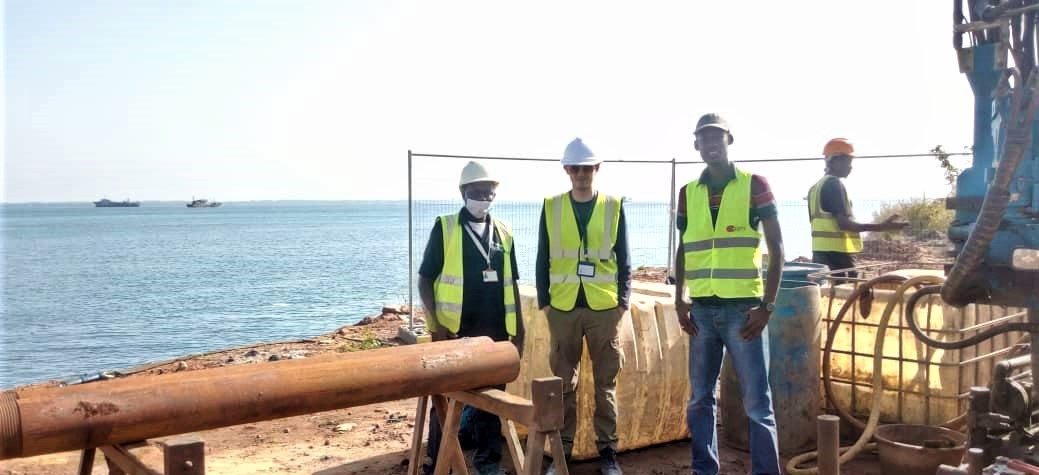
This article was written by Gordon Rankine for the Society of Maritime Industries (SMI) at the end of last year. Further to this, Gordon has also produced a video discussing the impact of Covid-19 on Marine Project Development, and how Beckett Rankine have navigated the disruption
Lockdown came to Beckett Rankine’s vibrant central London office in March with all engineers working flat out on a wide range of maritime projects, some of which we had only just re-started following last year’s political and Brexit uncertainties. Almost overnight, all staff moved to working from home, something that has actually proved to be very practical for all engineers, CAD and admin staff. Modern communications are working well, having been refined over the last six months, with file sharing and video discussions becoming the norm. Now we have lots of safe space available for collaborative tasks and anything else that is more easily done in the office, as well as for anyone who wishes to come in for their own personal wellbeing. But the office remains largely empty, except for servers whirring in the background and being operated remotely by engineers in their own homes.
Over the last 12 months or so our team of specialist maritime engineers has been engaged on interesting projects in a variety of locations. As usual, there have been many projects nearby on the River Thames. These have included the new award-winning passenger pier at Royal Wharf and another on the drawing board for the Barking Riverside development, as well as several facilities for river-based parcel distribution logistics. Our plans and designs for improvements around the UK have been progressing at the ports of Southampton, Sheerness, Newhaven, Bristol, Ipswich and Humberside. And in Liverpool, our modular design for the new heavy-duty, double-deck RoRo linkspan at Twelve Quays was installed with minimal downtime and completed on schedule for the new larger vessels on the route to Dublin.

Meanwhile, the Beckett Rankine portfolio of historic ship projects continues to grow, with our team overseeing work in Hull around the refurbishment of the historic trawler Arctic Corsair. This followed our structural assessment of Dundee’s RRS Discovery, as part of her new conservation management plan.
Recent overseas projects have included pioneering work to test the feasibility of a potential new major container Terminal in Indonesia, checking marine terminal concepts for a mining project in Greenland and inspection of a partially completed bulk handling terminal in Mozambique. Also, we have advised on waterway modifications in Florida, optimised plans for new passenger ferry services in Lagos and prepared concepts for a new city centre coastal development in Saudi Arabia.
Meanwhile, many projects are continuing development and facing up to the new challenges of the Covid pandemic. For example, we are currently supporting Nectar Group with plans and designs for the construction of a new berth at their NSBT bulk terminal in Freetown, Sierra Leone for expansion of cargo handling activities. Here, detailed investigations were required at site and these have been carried out with the additional complications of the ongoing Covid restrictions. A small team was mobilised from Europe to work with a West African drilling company to take a comprehensive set of geophysical and borehole measurements. The geotechnical and hydrodynamic data has now been collected from the site and will be used to refine structural designs for the new ship berth.
Back in the UK, the pandemic has stopped work on our flagship Rotherhithe to Canary Wharf ferry service for passengers with roll-on roll-off cyclists because Transport for London had to divert their available funds onto day-to-day public transport operations. However, we expect this to come back soon because our ground-breaking concept for London’s first electric ferries on this new route fits in well with the Government’s plans for “Building Back Better” with much improved green credentials.
Looking on the positive side, at least it is now possible to take some advantage from the lockdowns. Reduced vessel traffic on river and coastal shipping routes has enabled better access windows for construction at working berths, with time and cost savings possible. It is therefore a great time to undertake maintenance and development projects on marine structures. For example, we are currently working on berthing facility upgrades for the Metropolitan Police and London Fire Brigade on the River Thames as well as on-going refurbishments at the 80-year-old cruiser HMS Belfast on permanent display in the Pool of London. Our team has also been working long hours supervising the replacement of critical elements on the RoRo facilities at Newhaven’s cross channel ferry terminal.

During this period of partial isolation, the Beckett Rankine Asset Management team has developed a smart system for asset management. “BRSAM” is a new App for phones and tablets that can be used on-site by owners of marine facilities. It is intended to guide initial assessments of the likely residual life of marine infrastructure by direct comparison with library images. This will help to categorise the timeframes that might be expected for structural life and indicate possible requirements for maintenance.
Now is a very good time to start using this new tool!


